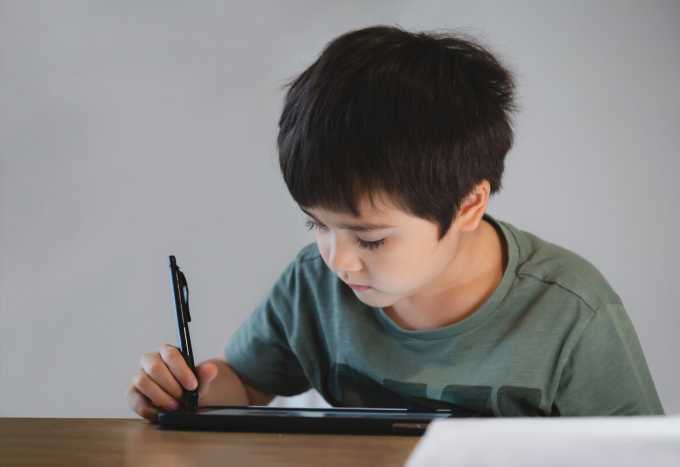Individuals with Disabilities Education Act (IDEA) is a federal law that guarantees all children with disabilities access to a free and appropriate public education. Public schools must provide an Individualized Education Program (IEP) for every child receiving special education. Individualized Education Program is designed to address the child’s unique learning issues and include appropriate goals. Since it is a legally binding process, the school must provide everything promised in the IEP.
In general, you need to know that if your child receives special education, he/she must have an Individualized Education program according to law. IEP is an important legal document that states what your child needs, what services the school will provide and how the progress will be measured. It is an important part of a child’s special education program.
There are several parties that are involved in the creation of the IEP. Parents also join in on this process as they are important members of their child’s IEP team that bring insights and other concerns on the table. The goal with an IEP is to determine the child’s weaknesses and strengths, to work on these, and to help figure out the best way to help him/her succeed in school in a progressive manner.
 It can take time and effort to create a suitable and effective IEP. However, if you know enough about the process, you will have a better chance to stand up and advocate the rights of your child.
It can take time and effort to create a suitable and effective IEP. However, if you know enough about the process, you will have a better chance to stand up and advocate the rights of your child.
Who is Eligible for an IEP?
Children from the age of 3 through 22 may be eligible for an IEP. But, not every child with learning and attention problems is eligible for special education services. If you suspect that your child may need these services, there are two steps to follow.
1. Evaluation
First of all, if parents or teachers suspect a child is struggling, they can request an evaluation. The school needs your permission regardless of who made the request. Your child then may go through various tests by the school psychologist or other professionals. They may also make observations in the classroom.
However, don’t forget that these tests don’t provide a diagnosis. They are carried out by school evaluators and only physicians and medical professionals can diagnose your child.
After the evaluation, the evaluator will write a report containing scores, findings and recommendations on how to help your child. If your child has one or more disabilities listed under 13 Categories of Disability Under IDEA , or has “other health impairments”, according to IDEA, that make learning difficult, then you will move on to the next step.
2. The Decision
If, according to the evaluation, your child has a disability, the next step is to determine whether she/he will need special education services. Based on the evaluation, the school will make the decision, and if it they determine that your child needs these services, the team will move on to create an Individualized Education Program.
In the next blog post, we will discuss more on Individualized Education Program. Don’t forget to check that out.
#### Sources:
http://idea-b.ed.gov/explore/view/p/,root,regs,300,A,300.8,c,.html
- Web MD:
http://www.webmd.com/brain/autism/individualized-education-programs-ieps-for-autism#1
- Understood.org:




